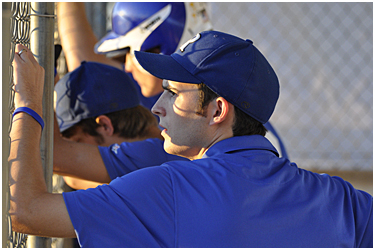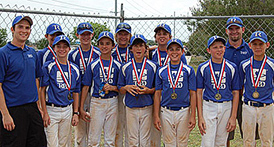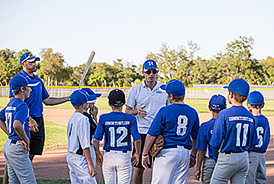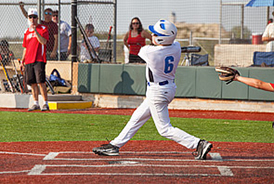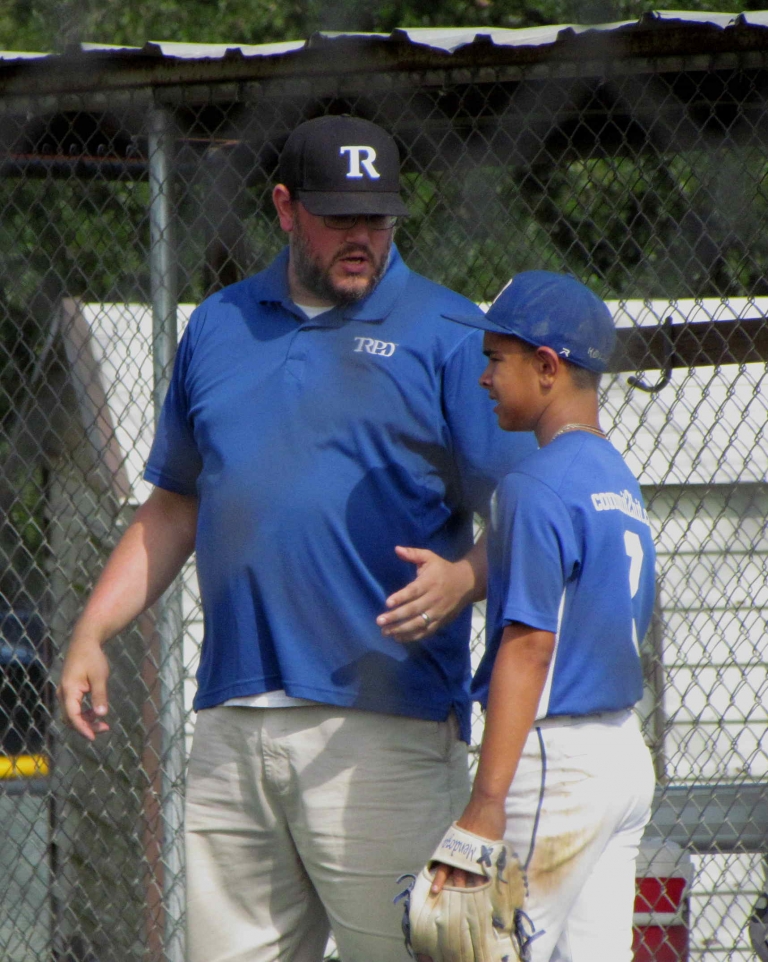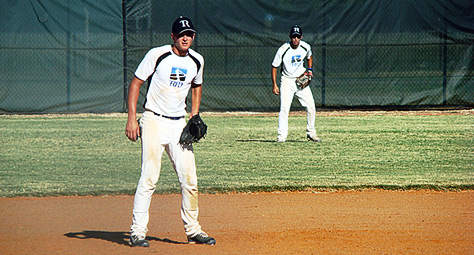How a Great Teammate Handles Failure
The stats don’t lie: baseball is a game of failure! That means that not only will you fail, but so will your teammates. What’s important is how you handle that failure, but also how you treat your teammates when they go through the same thing.
Let’s say you’ve just struck out. Now, obviously you didn’t plan to fail: as you walked up to the plate you probably had visions of a big hit to center field, but, for whatever reason, it didn’t quite work out that way. Maybe you misread the pitch, or simply the pitcher had your measure. Either way, as you walk back to the dugout, you may be feeling that you didn’t do your best. As you get back into the dugout, one of you teammates offers you a consolation high-five, which, because you’re mad at yourself, you ignore.
What message does that send to your whole team? That you don’t care about him, that your feelings are more important than his? That not only makes everyone think that you can’t handle your emotions, but it also creates a negative frame of mind that can easily spread throughout the team. Now the focus of the team moves from the next task they have – getting the next guy out or having a successful at bat – into a defensive mode, which is the enemy of success.
So, instead of focusing on your own perceived failure, move on and start to think about how you can help the next guy have success. Think more objectively about what just happened – was it a pitch that broke late, could you see something in the pitcher’s wind-up that you realize could help the next batter spot a breaking ball, did the umpire expand his strike zone? You have the most up to date information available from the game, so share it! You can’t do anything about how you were out, but you can still have a huge impact on the game.
The same is true if there is a defensive error on the field. How you handle someone else making a mistake not only says a lot about your character, but it also influences those around you. No one plans to make mistakes, so anything you show which has the consequence of making someone else feel bad is just bad for the team. Instead, show them support – tell them “You’ve got this!”. That frees them up to think positively about the next play, because nothing increases the risk of repeated errors than a fear of failure.
Being a good team mate is really just learning how to be a good person, and learning to treat people in the way that you’d like to be treated. Failure does not need to define you, but how you handle it can. Success breeds success, so be the sort of player that creates that!

